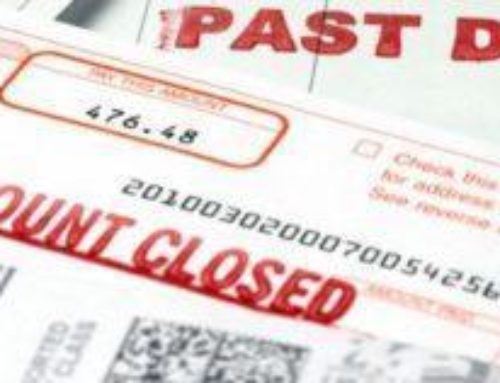After suffering with a physical injury or sickness, you will probably find yourself gazing at thousands of dollars in medical costs.
As unfortunate as it might be, many people filing for bankruptcy have accumulated piles of debt for health-related bills and are unable to keep up with bills on them and most of their other bills.
Sad to say, at least for the medical service providers, is the fact that medical bills to physicians and medical facilities are normally regarded as unsecured debt and provided everything included as well in a individual bankruptcy filing is correct, will commonly be wiped clean in a Chapter 7 individual bankruptcy filing.
Of course, those who want to repay their debt but simply need much more time and flexibility often decide to file Chapter 13 individual bankruptcy, if they qualify. But, when filing for bankruptcy all outstanding bills should be listed and will become part of the bankruptcy.
All your creditors can file with the bankruptcy court to obtain a part of assets sold in the bankruptcy. But, in a majority of cases the holders of debt for healthcare expenses write off the amount of money owed.
That is not to suggest they don’t have recourse, because some medical providers can refuse to treat folks who have filed bankruptcy and failed to pay past bills. Emergency service will usually be available by unexpected emergency health care providers to a patient when they have placed their bills in bankruptcy, but they can refuse any non-life threatening services.
Those who do file Chapter 13 personal bankruptcy will ultimately pay off all bills, with a court trustee secured payment plan. It could take 3 to 5 years to extinguish all of the bills, depending on the quantity of the debt and the person’s income. Even so, doctors really don’t mind waiting because they are guaranteed they will get compensated.
Undoubtedly, many medical procedures of aesthetic nature are not considered unsecured loans. This is why many medical providers don’t accept payment options on specified procedures. Most often, these types of procedures require payment in the beginning due to there being no collateral on their funding.
Those people who are struggling and unable to pay their medical debts or regular bills should speak to a bankruptcy lawyer. The longer you discount your debt, the more troublesome it can become.
You can talk with a legal professional to see if Chapter 7 or Chapter 13 personal bankruptcy might be perfect for your individual situation. An individual bankruptcy legal representative can also help you with all bankruptcy filing documentation, should you choose to declare Chapter 7 or Chapter 13.







